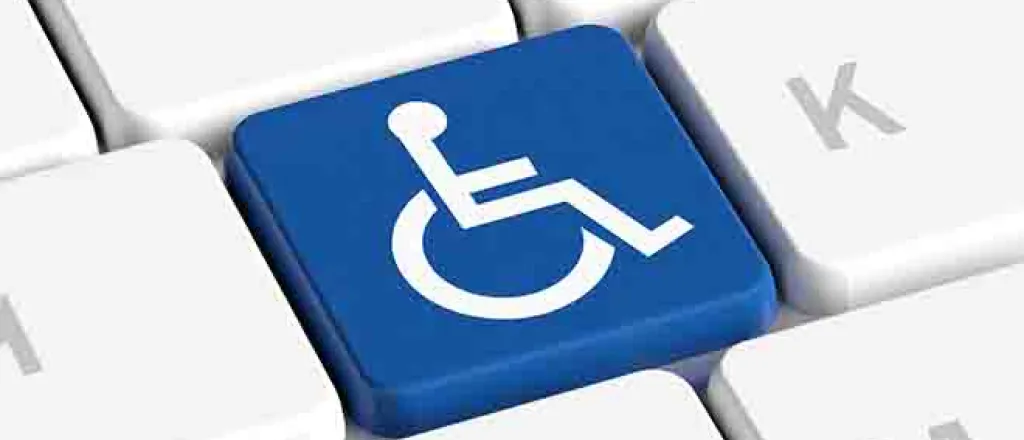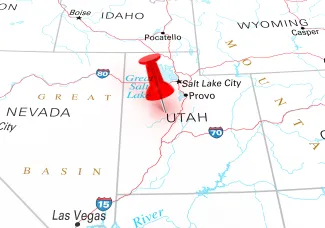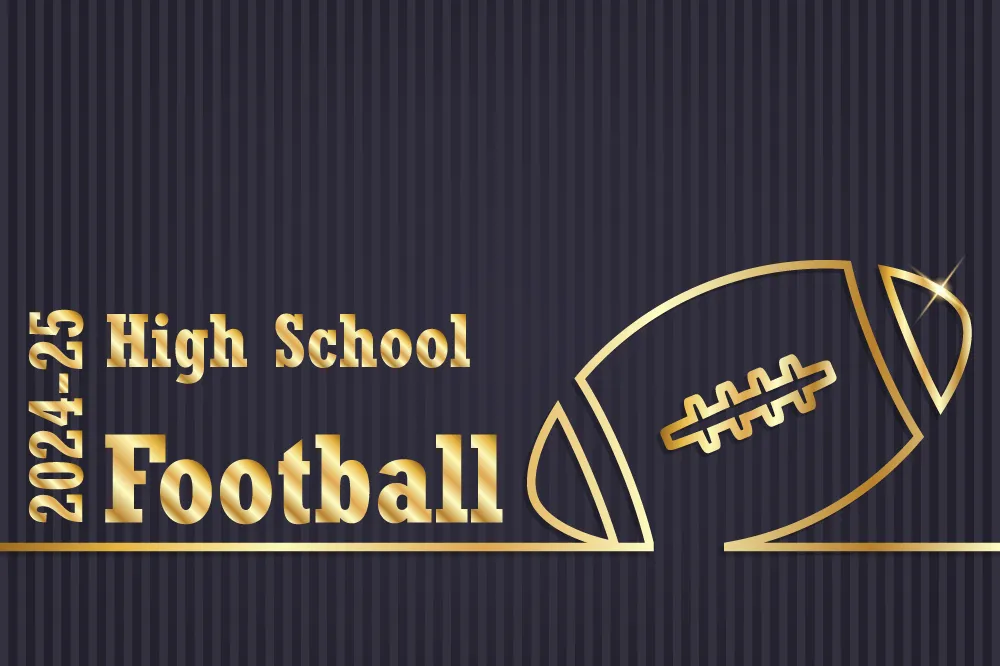
Utah State University to open center for digital accessibility within education
Click play to listen to this article.
(Utah News Connection) A new center coming to Utah State University this fall will provide accessible digital materials to students with disabilities.
Cynthia Curry, director of the National Center on Accessible Digital Educational Materials and Instruction, or NCADEMI, said the facility will address, what she calls, the "longstanding and historical issues" around access to educational materials for students with disabilities. She added the role of NCADEMI is to help ensure those with disabilities receive digital educational materials in a way that they can use them.

"The standard way that a lot of educational materials are produced and provided to students, inherently have those barriers to students with sensory disabilities, physical disabilities and learning disabilities. NCADEMI is a technical assistance center that sets out to provide support and services specifically to educational agencies," she explained.
Curry said NCADEMI will help educational agencies conduct accessibility reviews of materials before they reach students and will support techniques in creating other materials. NCADMI is funded by a four-year grant from the U.S. Department of Education's Office of Special Education Programs. It's slated to open October first.
Earlier this year, the U.S. Department of Justice issued final accessibility rules for websites and mobile applications of state and local governments. Brenda Smith, the center's principal investigator, said the initiative will work with two existing national programs: Web Accessibility In Mind and the Center for Technical Assistance and Excellence in Special Education, or TAESE, to help schools come into compliance.
"NCADMI is a collaboration between our two projects. Our proposal was written with staff from both projects and so it really is marrying our ability to meet federal special education requirements in our previous work with state special education departments and school districts with the WebAIM content knowledge around accessibility," she continued.
Leaders say by the end of the four-year project they want to ensure they've helped the education sector at various levels tap into cultivating accessible, digital educational materials. They say the processes and systems they will foster will have the potential to be adopted and scaled nationally.
















